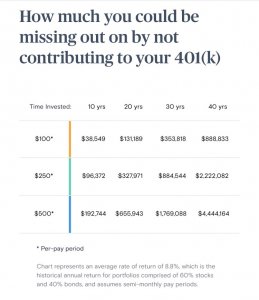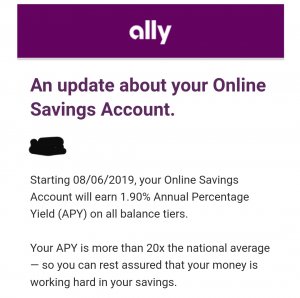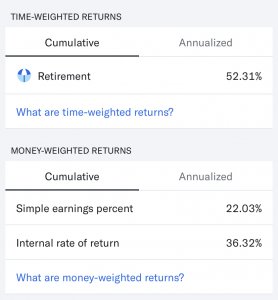sneaksoy
Supporter
- 3,391
- 3,033
- Joined
- May 11, 2007
jthagreat Ohhh didn't know you can convert a roth into a traditional IRA. I will try to max out the roth then put any extra in my 401K. My company has an option of contributing pre-tax,after-tax, and roth. So far I've been contributing roth money.
Roth = after-tax. Just to clarify, it's the same thing.


















